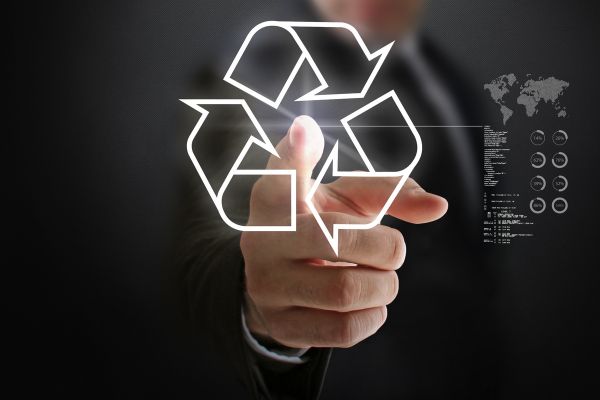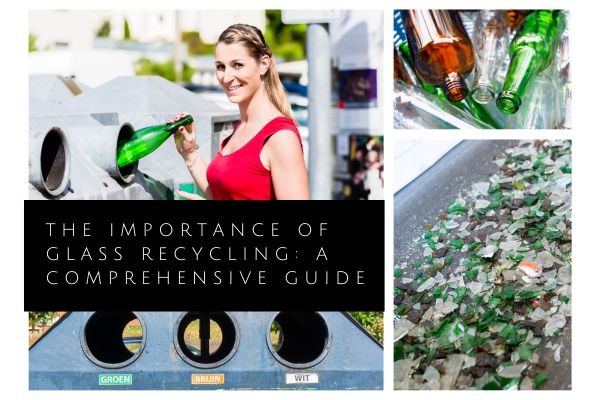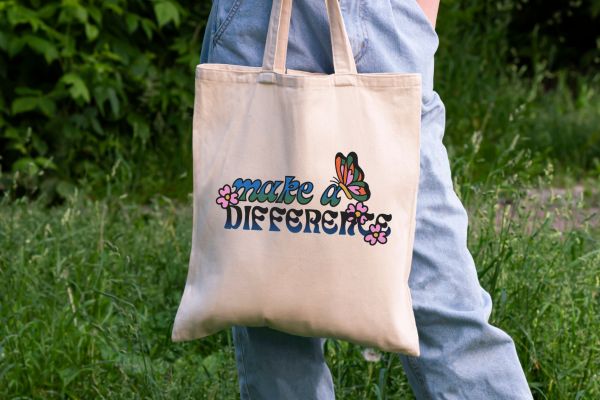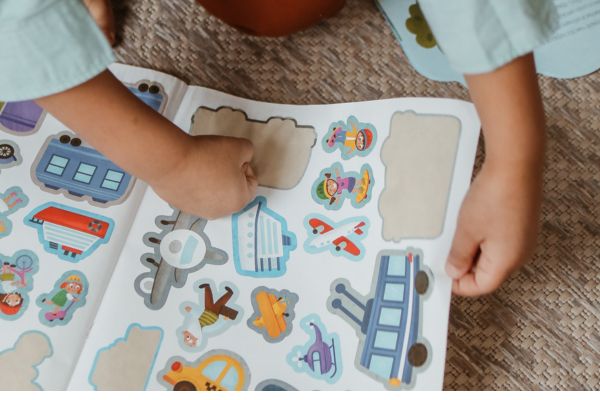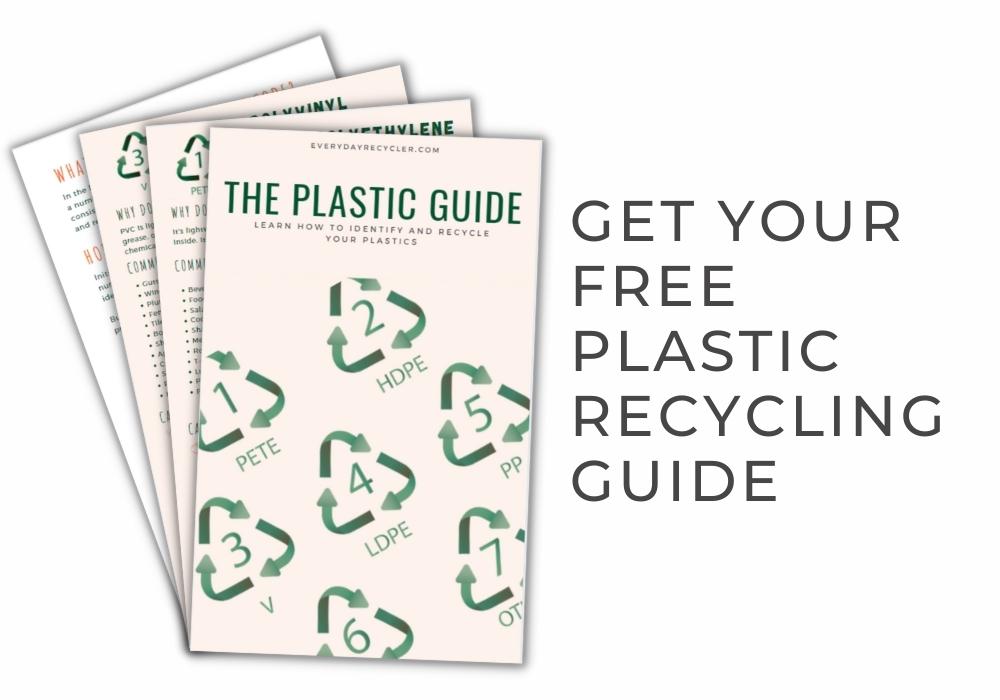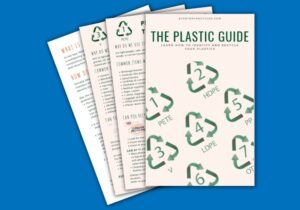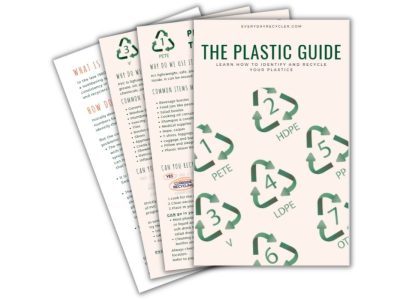In 2023, recycling trends continue to evolve, reflecting a global commitment to address environmental concerns and reduce impacts on the planet. From an increased emphasis on plastic waste reduction to the adoption of advanced recycling technologies, this year has already delivered some exciting developments in the world of recycling.
Let’s explore some of the key recycling trends in 2023, shaping the way we manage waste and transform it into new materials and products.
Recyclability and packaging trends
Making products and packaging more recyclable is a crucial step to improving recycling. Two ways to solve this are to remove unnecessary packaging or to make it the packaging simpler by using one material.
Here are some excellent examples of packaging improvements in 2023.
- Holmen Iggesund created a chocolate box made entirely out of recyclable materials. Most chocolate boxes include a plastic tray inserted into the box that is difficult to recycle. The new box and insert tray are made from a moldable, food-safe, wood-based fiber that is sustainable and renewable.
- Ring Container Technologies has created the first PET Oxygen and light barrier for plastic packaging that doesn’t yellow or degrade the clear PET. Traditional barriers can reduce the quality of PET, making the recycled resin less desirable to manufacturers. Ring’s new barrier improves recycling outcomes while continuing to protect the contents of the containers. Plus, the containers can include up to 75% recycled PET without compromising the effectiveness of the barrier.
- Procter & Gamble introduced a new product pump that can be broken down more easily in the recycling system. Product pumps are commonly used in personal care products, but with multiple materials like plastic and metal, they are not usually accepted in curbside recycling bins. The new design removes the troublesome metal parts like the spring and replaces them with plastic. Learn how to recycle product pumps and other practical recycling tips at Everyday Recycler.
Recycling technology trends
Innovations in the collection, sorting, and processing of recyclables must keep pace with advances in materials and product design. Here are some of the innovations happening in 2023.
- The Cortex machine by AMP Robotics is a revolutionary high-speed robot that uses artificial intelligence (AI), computer vision, and machine learning to recognize and quickly sort items at the unprecedented pace of 160 pieces per minute.
- A US startup, Smartbin.io, is making bins that are much smarter than the average bin. They have sensors that track how full the bin is and notify the collector when they’re almost full. Additionally, the device can record the type of waste that is collected, enabling thorough study and improved waste management.
- An Australian company, Scipher Technologies, has commissioned an advanced multi-sensor-sorter capable of separating and recovering export-grade single polymer plastics from e-waste. The equipment, manufactured in the US by Sayers, uses sensors to scan the processed small pieces by size, color, and metal content, then air jets separate the different fractions. Some of the valuable plastics that can be collected include ABS, PP, HIPS, and PMMA (also known as acrylic).
Plastic recycling trends
There has been a great deal of focus on plastics, and appropriately so given the significant impacts of plastic pollution. Fortunately, scientists and specialists around the world are working to solve our plastic recycling challenges.
Below are some of the activities taking place in 2023.
- To drive the use of recycled material in plastic packaging, the US Plastic Pact has introduced a Postconsumer Recycled (PCR) Material Toolkit. The toolkit helps businesses navigate the complex dynamics of recycled plastic trading by creating a clear definition of PCR, its source, and what businesses should consider when procuring PCR plastic.
- In 2022 the UK government implemented a Plastic Packaging Tax (PPT). It’s designed to tax any plastic packaging with less than 30% recycled content. In August 2023, the first report showed that the PPT had exceeded initial targets. Approximately 40% of the material recorded by the 4,142 businesses that registered contained more than 30% recycled plastic.
- Research by Michigan State University has demonstrated that you can replace expensive catalysts used in pyrolysis, a process that breaks plastics down into simpler carbon-based compounds for use in new products, with table salt. The use of sodium chloride or table salt as a catalyst in the process resulted in a liquid oil similar to diesel fuel. The benefits are that salt is readily available, reasonably priced, and can be reused.
Innovative recycled plastic products
It’s always exciting to see recycled plastic used in products in new and interesting ways. Here are some of my favorites for 2023:
- An Australian company has designed a system called Robovoid that can be used to reduce waste to landfills while increasing the thermal efficiency of buildings. The system, made from 100% recycled plastic, is designed to fill the voids in walls, floors, tanks, and retaining walls saving up to 75% of the concrete mass required.
- Well-known brand Husqvarna has added a garden hose with plastic parts made from 65% post-consumer recycled material to their Ecoline range.
- Startup Open Funk has designed a kitchen blender made to be used with everyday glass jars. As well as being made to be repaired and recycled, its outer casing is made from 100% recycled plastic.
- Shore-Plast™ is a material designed and made by Solgaard using 100% recycled plastic waste collected from beaches and other waterways. The company has turned this material into several products, including a striking hexagonal watch with a biodegradable silicone strap.
- Amazon’s Kindle Paperwhite model incorporates 60% recycled plastic and 70% recycled magnesium, used instead of aluminum to make the device lighter.
The future of recycling is poised to be increasingly innovative and sustainable. Advances in technology and materials science will drive more efficient sorting and processing of recyclables, while a growing emphasis on sustainability will encourage businesses and individuals to reduce waste and embrace recycling. Keep up to date on the latest recycling trends at Everyday Recycler.


